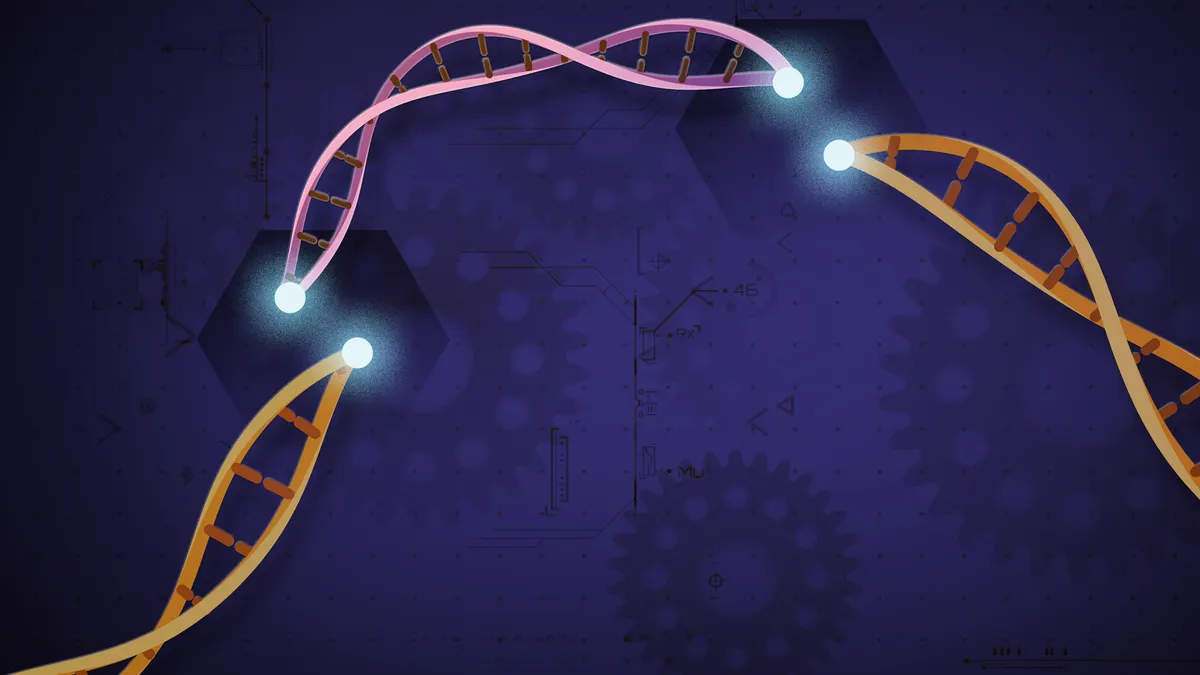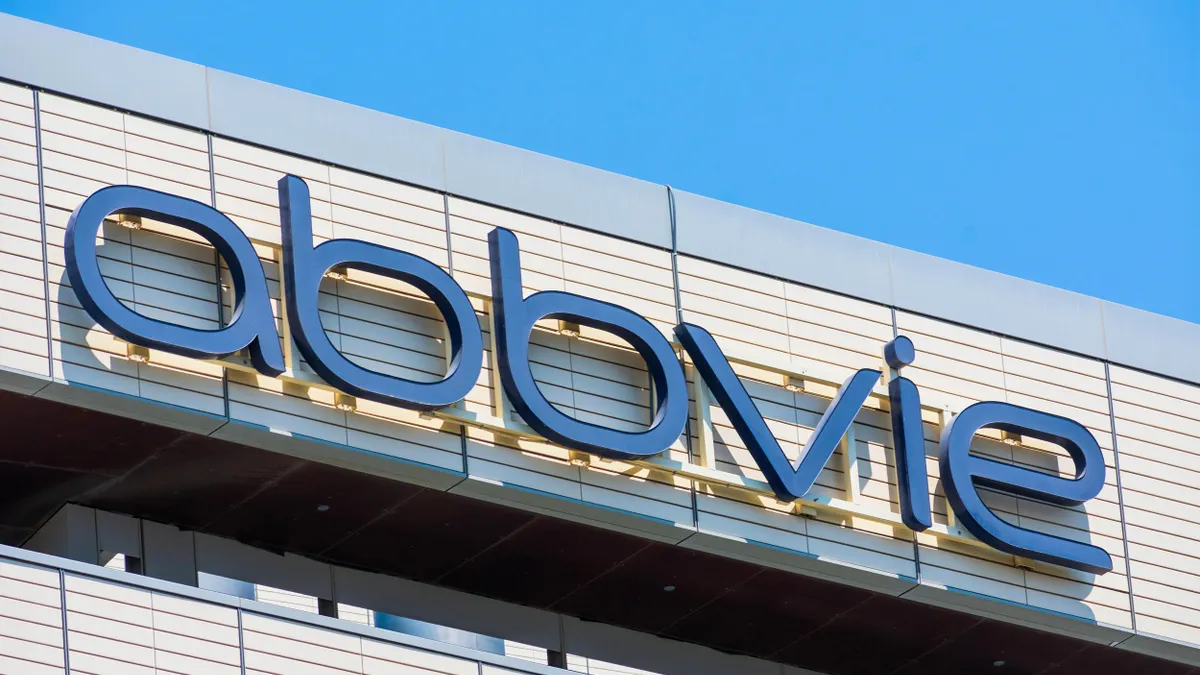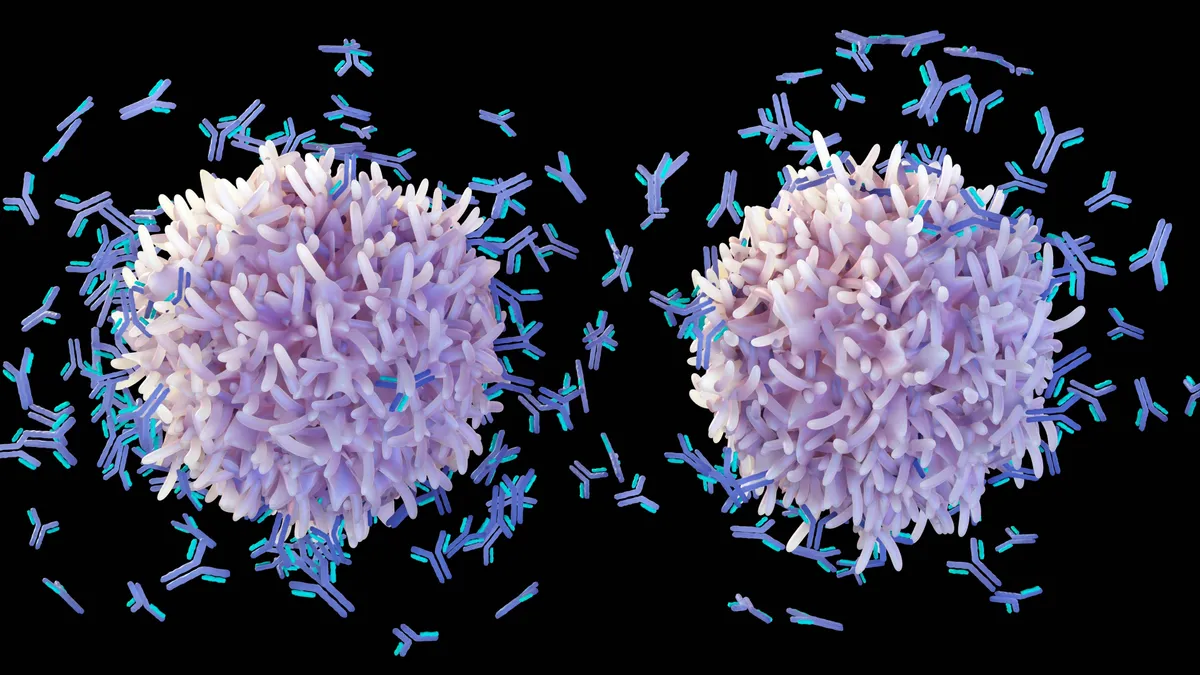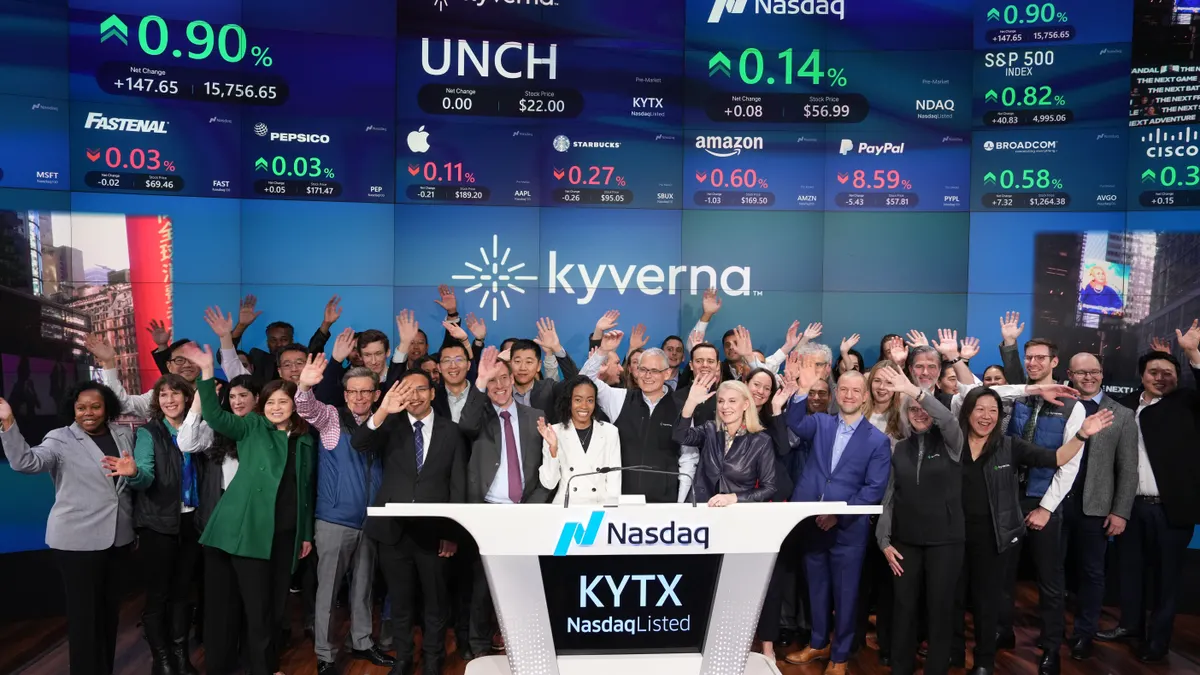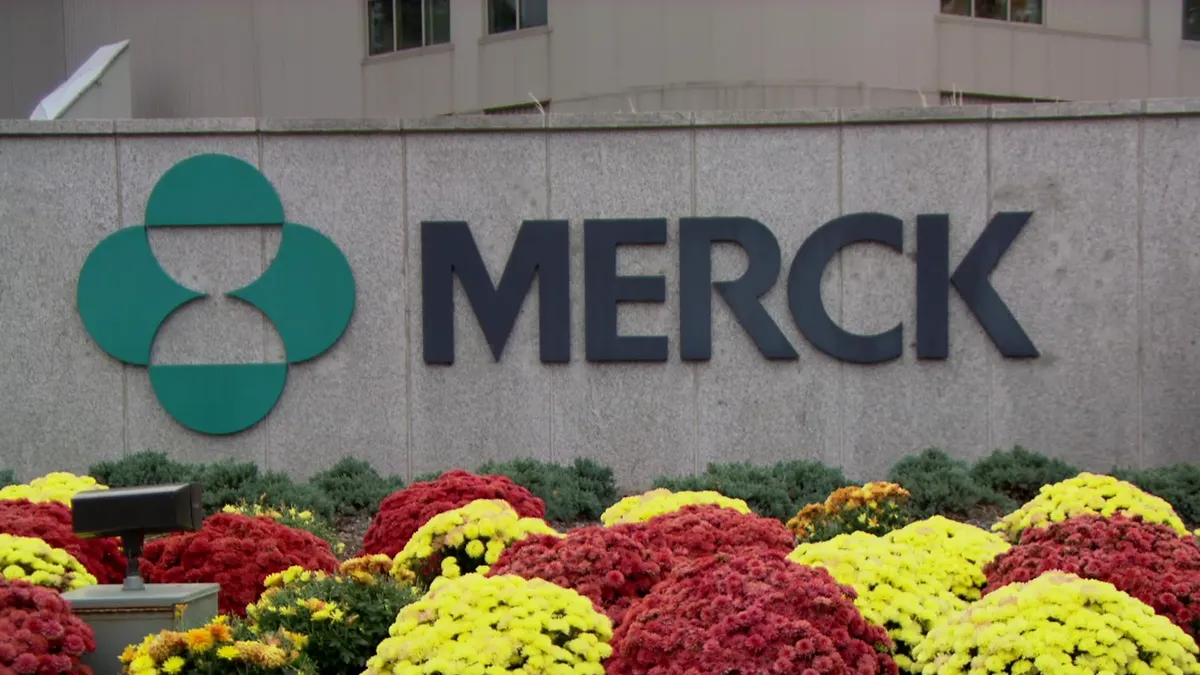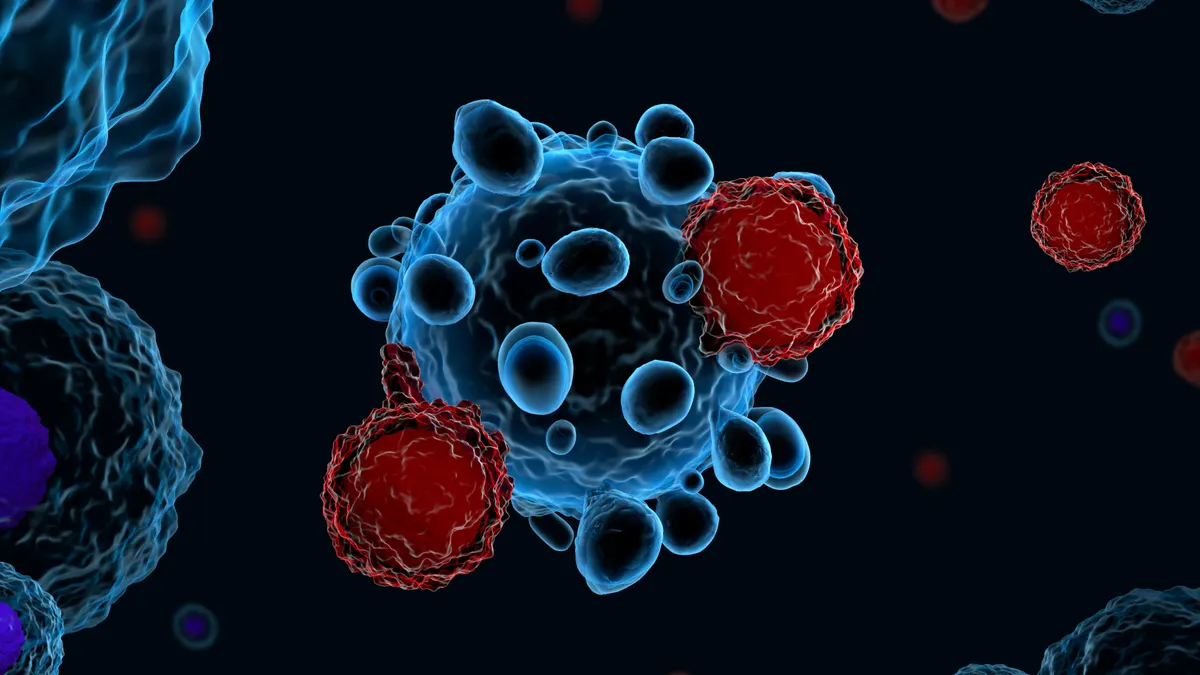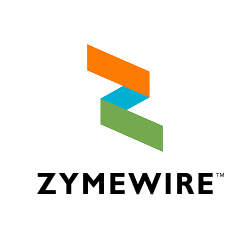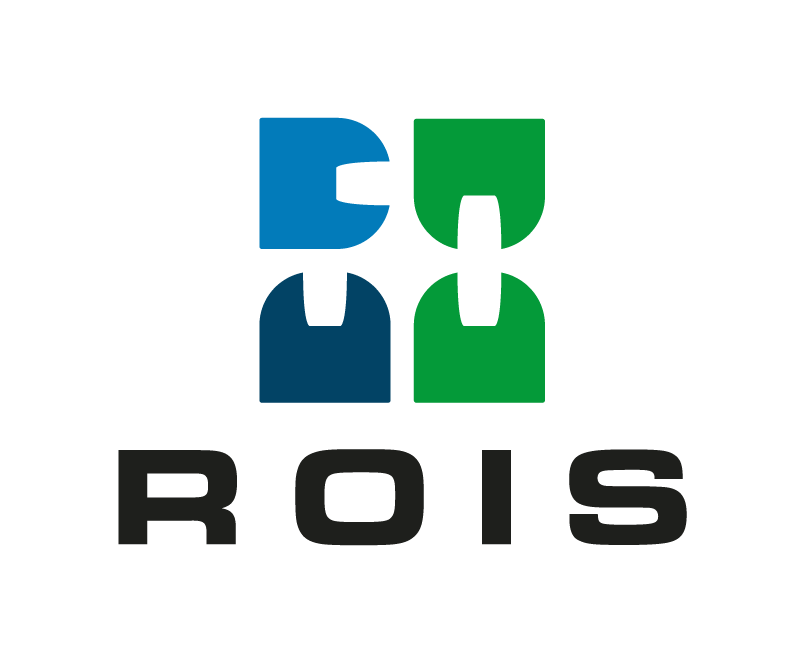Caribou Biosciences is laying off about a third of its staff and stopping work on an experimental lupus treatment in a gamble on the potential of a pair of cell therapies for cancer.
The company on Thursday said it’s cutting 32% of its workforce, which totaled 147 employees as of March 1, according to a regulatory filing. It also announced it’s delaying planned study readouts on those two cell therapies until the second half of this year. Results had been expected from a pair of Phase 1 studies in lymphoma and multiple myeloma this quarter, but will now come later so Caribou can accrue what it hopes will be a more convincing dataset.
Caribou had about $213 million in cash as of the end of March, enough to keep the company operating through the second half of next year. The restructuring will extend its financial runway through the back half of 2027.
“We recognize the challenges in the current market environment and believe the best approach is to present the most robust datasets for both programs,” CEO Rachel Haurwitz said in a statement.
Caribou was one of the first biotech companies formed to turn CRISPR gene editing into medicines for humans. Co-founded in 2011 by Nobel Prize winning scientist Jennifer Doudna, the company raised $304 million in an initial public offering in 2021 and has since largely focused on using CRISPR tools to make “off-the-shelf” cell therapies for cancer.
However, like many of its peers, Caribou has struggled to prove its medicines are as effective and long-lasting as the personalized “CAR-T” therapies approved to treat certain blood cancers, leading to a depressed share price and a previous restructuring. Caribou also joined a wave of cell therapy companies pivoting to autoimmune disease research, and was cleared by U.S. regulators last year to test, in humans, one of its cell therapies in lupus.
Through the restructuring announced Thursday, Caribou is abandoning the lupus program before dosing a patient in that planned trial. It’s also halting preclinical research and a Phase 1 study in leukemia. The company is now pinning its hopes on CB-010, a therapy for non-Hodgkin’s lymphoma, and CB-011, for multiple myeloma.
With CB-010, Caribou is enrolling patients in a Phase 1 trial in second-line large B cell lymphoma. By the time it reports results, the majority of study participants will have completed at least six months of follow-up, which would provide more insight into the medicine’s durability. It will also reveal data in up to 10 patients who have relapsed following other treatments that, like CB-010, target the CD-19 protein on B cells. Caribou, in a statement, said its existing data have suggested the therapy can “drive outcomes that are on par” with approved, personalized cell therapies for cancer.
Later this year the company will also present initial data on at least 25 multiple myeloma patients who’ve received CB-011 in an ongoing trial and have at least three months of follow-up.
Caribou shares currently trade at less than $1 apiece. The stock price debut at $16 when the company went public in July 2021.



